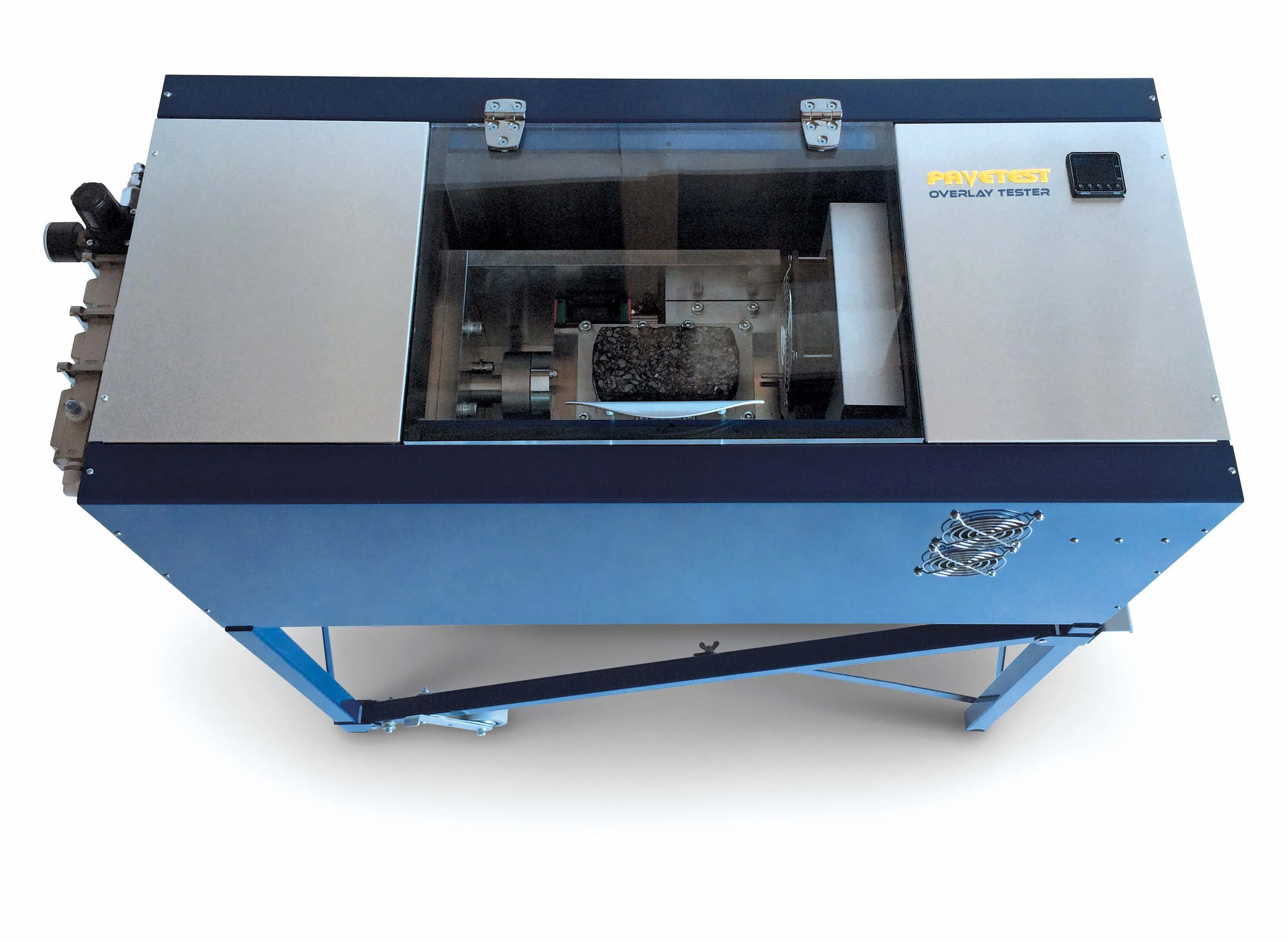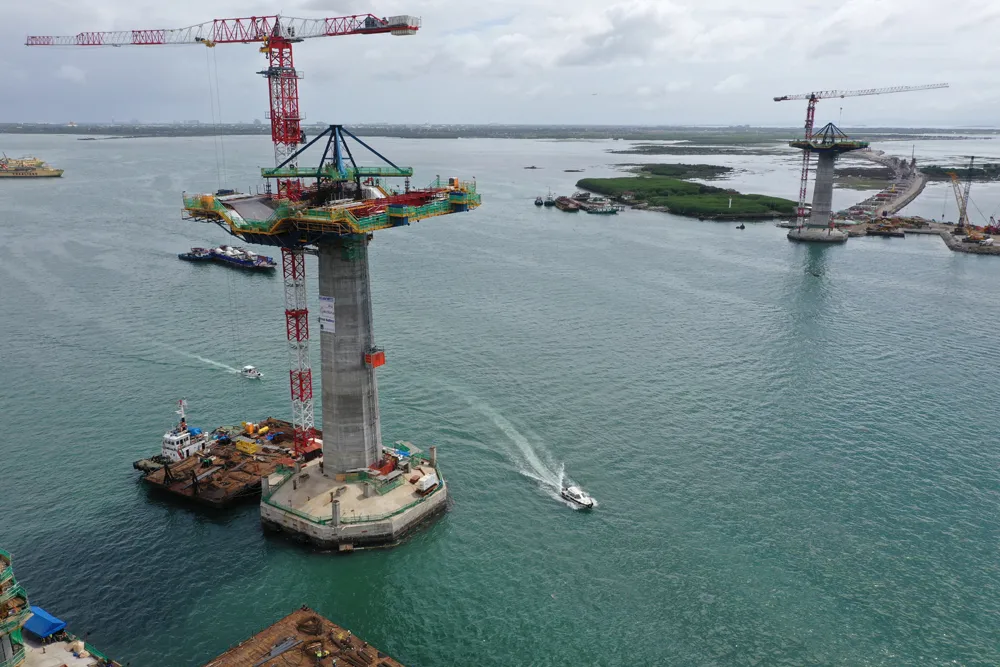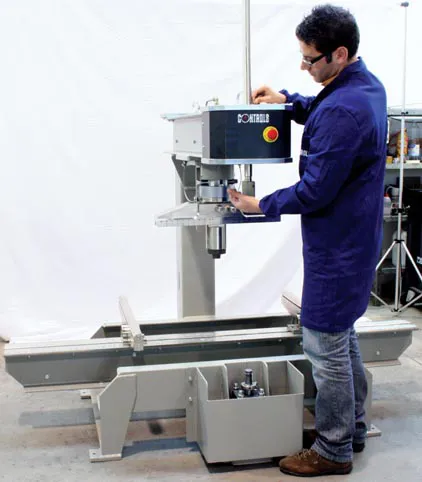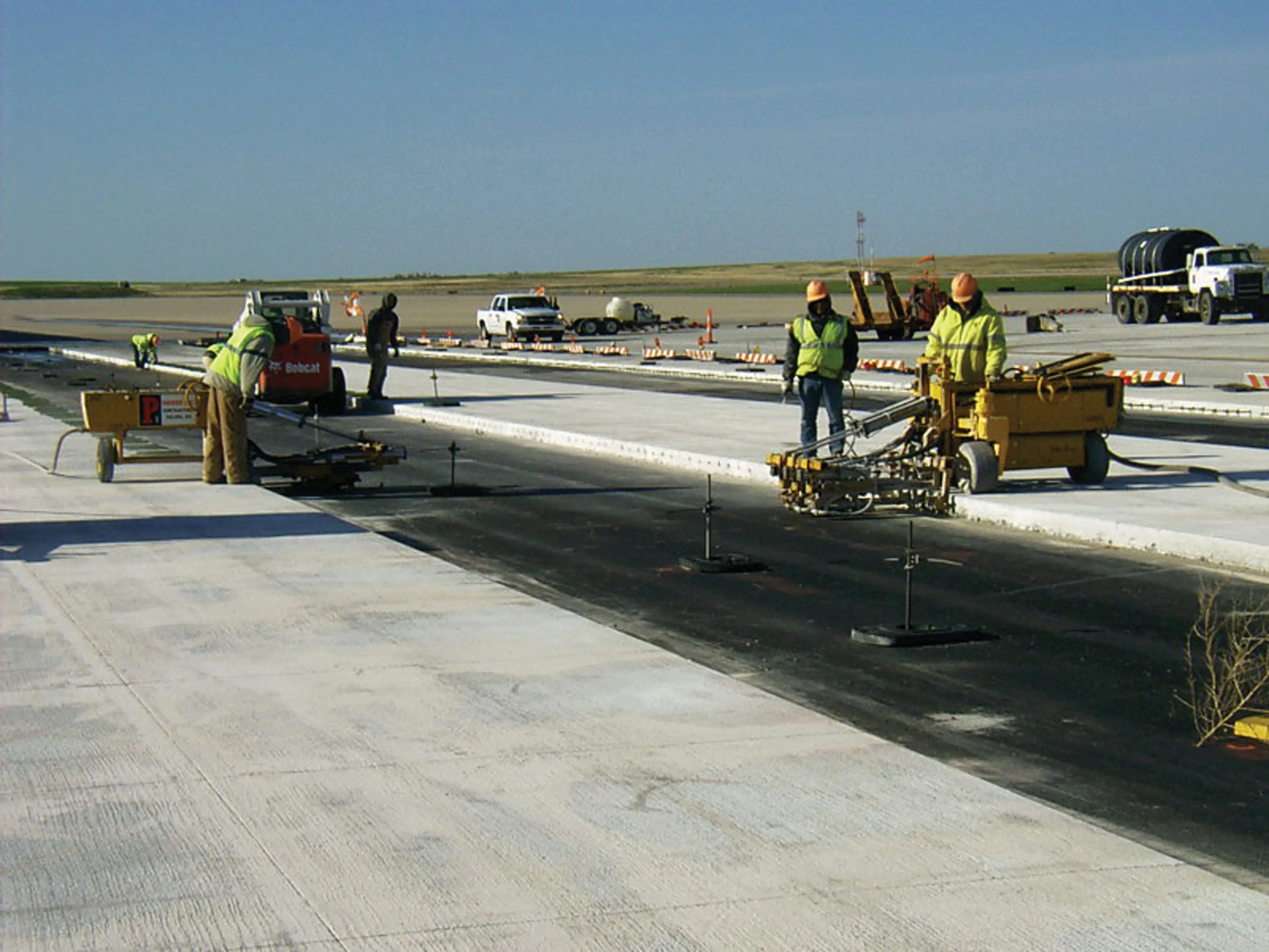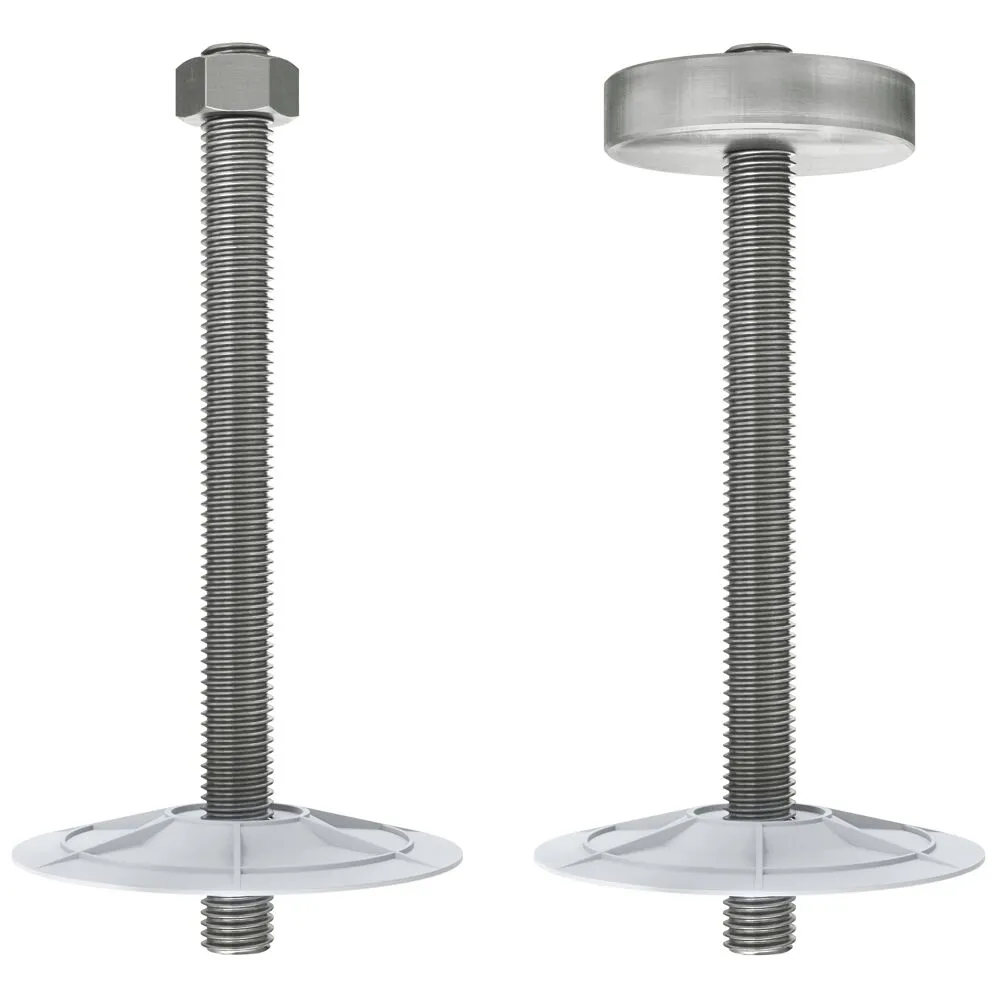
Fischer says that its concrete-to-concrete shear connector system FCC is ideal for repairing and reinforcing bridges, as well as other structures through concrete overlay.
Variable anchoring depths allow ideal adaptation to the acting load, according to the company, based in Waldachtal in Germany’s northern Black Forest.
The latest addition to the range is the fischer FCC-B bridge cap anchor (M16-24). This solution can be used in combination with the FIS EM Plus or FIS SB injection systems to permanently and securely anchor caps and edge beams on bridges and can be adapted to different construction site conditions.
The general design approval of the concrete connector FCC provides planners, structural engineers and users with certified safety when using the FCC-B as a bridge cap anchor together with the ETA-assessed injection mortars.
The European Technical Assessment (ETA) provides an independent Europe-wide procedure for assessing the essential performance characteristics of non-standard construction products. The ETA offers manufacturers a voluntary route to CE marking, when the product is not or not fully covered by a harmonised standard (hEN) under the Construction Products Regulation (EU) 305/2011.
The fischer Group of Companies generated sales of 1.11 billion euros in 2024 with a worldwide staff of 4,700 employees. The family-owned company runs 50 operational companies globally and exports to about 120 countries. It includes four divisions - fischer Fixing Systems, fischertechnik, fischer Consulting and fischer Electronic Solutions.


